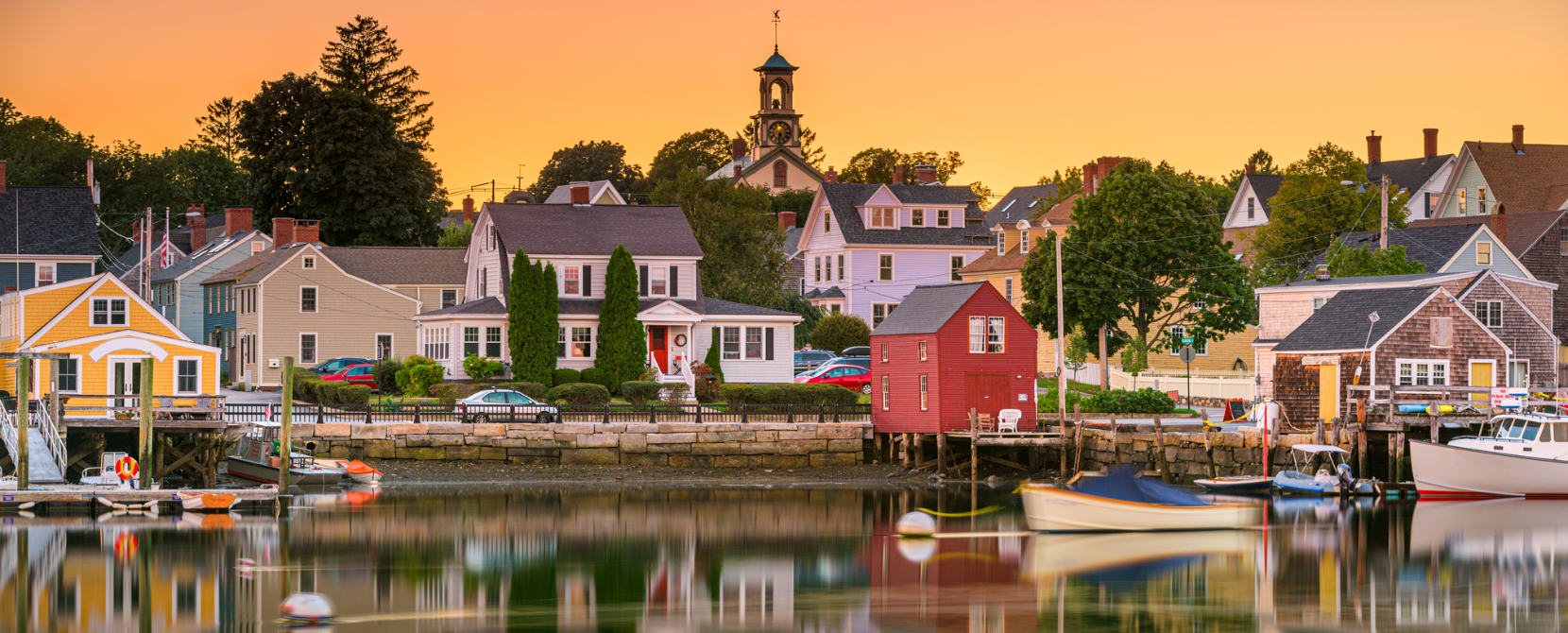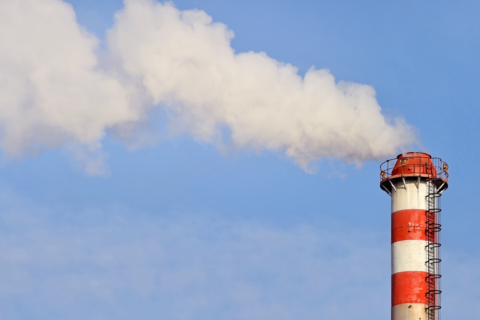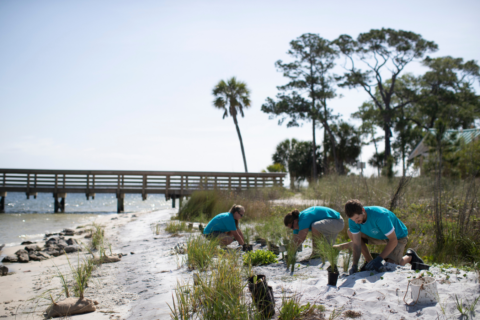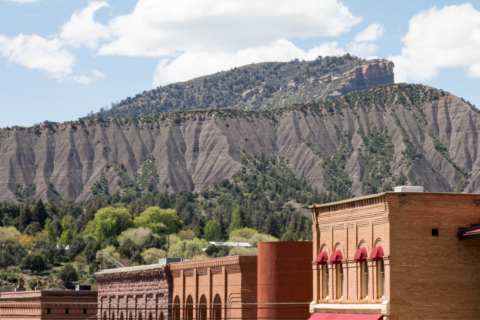The ambition of the historic climate and clean energy provisions from the Inflation Reduction Act (IRA) is to serve as a significant economic driver for reducing greenhouse gas emissions and building community resilience in the face of more severe and frequent extreme weather events. This legislation also builds on the historic investments in our nation’s infrastructure through the Bipartisan Infrastructure Law.
The IRA is estimated to reduce emissions by 40 percent by 2030—still shy of the goals set forth by the Paris Climate Agreement. While the grant programs and tax credits from the IRA represent the largest investment in climate action in American history, there remains much for leaders at all levels of government to do to mitigate the effects of climate change, which we see daily in communities across the country.
As we celebrate the 1-year anniversary of the IRA, signed on August 16, 2022, this blog is the first of a two-part series looking at the status of 10 key programs from the IRA—what is already out from the agencies and the next big things on the horizon for local governments—and resources for local leaders. As a refresher, this previous blog identified all the local government opportunities and the associated funding levels.
Below are open funding opportunities:
Neighborhood Access and Equity
Similar to the Reconnecting Communities Pilot program funded through the Bipartisan Infrastructure Law ($1 billion), the Neighborhood Access and Equity grant program ($3.155 billion) will support local governments in improving mobility options and connections between disadvantaged or underserved neighborhoods and investing in sustainability and safety.
The U.S. Department of Transportation recently opened a joint NOFO renamed Reconnecting Communities and Neighborhoods. Applications are due Sept. 28. The program will award funding for planning and construction activities under three types of grants: Community Planning Grants, Capital Construction Grants and Regional Partnerships Challenge Grants. Because of the shared characteristics between Reconnecting Communities and Neighborhood Access and Equity, it is possible for many projects to be eligible and considered for both programs using a single application. Learn more.
Climate-Ready Coasts and Communities
The IRA provided funding to the National Oceanic and Atmospheric Administration (NOAA) for two grant programs currently open for local governments in coastal and Great Lakes states. First, the Climate Resilience Regional Challenge ($575 million) will help build the resilience of coastal communities to extreme weather events and other impacts of climate change, such as sea level rise and drought. The funding will support regional collaboration and strategy development, as well as implementation. Letters of Intent are due August 21, after which NOAA will invite selected applicants to submit a full application by February 13, 2024.
Second, the Climate Ready Workforce competition ($50 million) will assist local governments in forming partnerships that train workers and place them into jobs that enhance climate resilience. Training programs should build in-demand skills, offer wraparound services that allow workers to successfully enroll in and complete training, and help workers enter or advance into good jobs that enhance climate resilience. Letters of Intent are due November 30, with the full application due February 13, 2024.
Regional Conservation Partnership Program
Funded at $6.75 billion overall through the IRA, the U.S. Department of Agriculture NOFO on the Regional Conservation Partnership Program ($500 million available for FY23 through the IRA and 2018 Farm Bill) is open through August 18. The program provides grants for locally-led conservation projects that address climate change, enhance water quality and address other critical challenges on agricultural land.
Green and Resilient Retrofit Program
Local governments do not directly apply for the Green and Resilient Retrofit Program ($1 billion) administered by the U.S. Department of Housing and Urban Development (HUD). The program, however, provides grants and loans for improving energy and water efficiency and climate resilience in HUD-assisted multifamily housing. Catalyzing this change has been a challenge in many communities. Three separate NOFOs are open through HUD for different aspects of the program, with due dates in April-May 2024.
Next Steps and Additional Resources
Local leaders are excited to utilize these opportunities to support climate action in their communities, and many are planning projects to apply for funding and tax credits. As federal agencies continue to develop the programs and issue NOFOs, NLC will keep local leaders apprised of grant opportunities.
Some members of Congress seek to repeal some of these programs and funding allocations, which NLC strongly opposes. Therefore, it is important for local leaders to share their plans, priorities and the key grant programs they are interested in or applying for with their Members of Congress.
EPA recently held a virtual Climate Action Funding Fair, bringing together these federal agencies to share their insights and the opportunities for local governments to leverage complementary incentives as they develop and implement climate action plans. The sessions were recorded and will be available on the website, along with this funding guide with links to the relevant programs.
Finally, for communities that seek to pursue climate action planning or funding for project implementation, a Local Infrastructure Hub bootcamp will kick off in September to support cities in reducing greenhouse gas emissions through clean energy, electric vehicles and building efficiency. Registration will open on August 28th.










